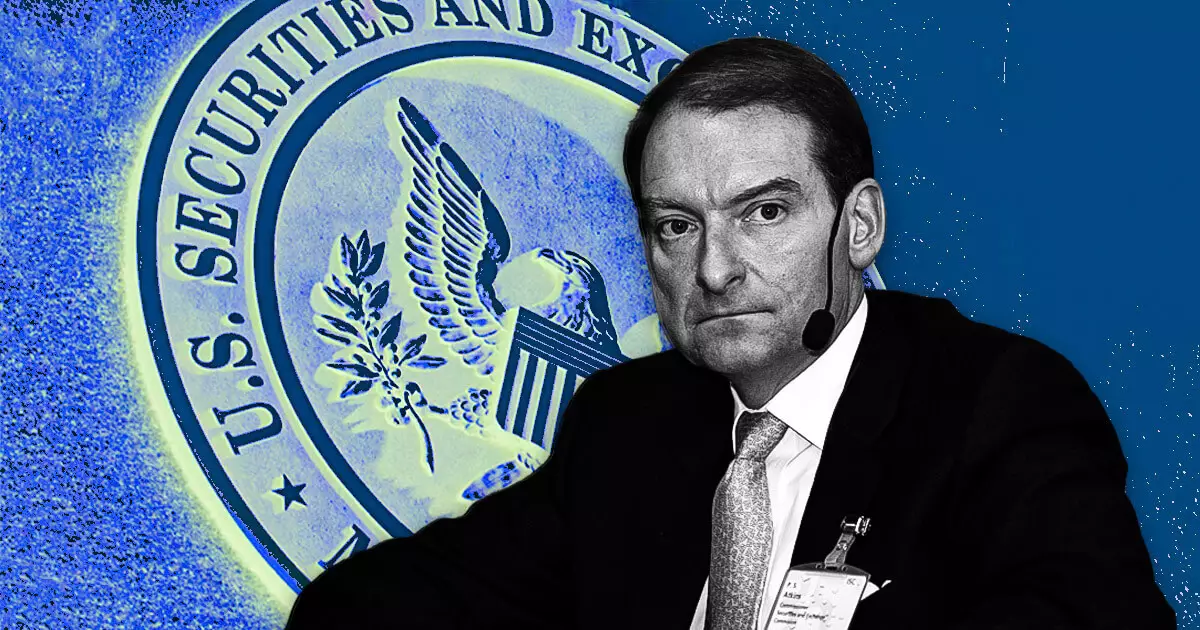In a recent announcement posted on his Truth Social account, President-elect Donald Trump officially nominated Paul Atkins as the next chairman of the U.S. Securities and Exchange Commission (SEC). This nomination has sparked significant interest due to Atkins’ long-standing involvement in economic policy and his previous experience as an SEC Commissioner from 2002 to 2008. Trump’s endorsement emphasized Atkins’ recognition of digital assets and innovation as pivotal elements for America’s economic growth, framing him as a proponent of “common sense regulations” poised to enhance the robustness of the capital markets.
Atkins’ Background and Previous Tenure
Paul Atkins’ legacy at the SEC is marked by a commitment to free-market principles and a strong focus on investor protection. During his previous term, he was instrumental in advocating for policies that promoted market transparency and improved financial disclosure. His expertise in navigating complex financial landscapes positioned him as a trusted figure among investors and regulators alike. Currently, as the CEO of Patomak Global Partners, a consultancy specializing in risk management, Atkins continues to influence financial policy and regulations outside of his SEC tenure. Furthermore, his role as co-chairman of the Digital Chamber’s Token Alliance since 2017 underscores his familiarity with cryptocurrency and digital assets, sectors that are increasingly relevant in today’s financial discourse.
Atkins’ nomination comes amidst ongoing debates and uncertainties surrounding the regulation of digital assets in the United States. With the rapid evolution of cryptocurrency markets, regulators have struggled to keep pace, leading to confusion and inconsistencies in policies. Many industry stakeholders view Atkins as a beneficial choice to bridge the gap between innovation and regulatory compliance. His approach may encourage transparency and accountability while fostering an environment conducive to technological advancements in the financial sector.
As Atkins prepares to step into this pivotal role, market responses have varied, reflecting both optimism and skepticism. Supporters believe that his extensive background in financial markets and investor protection will guide the SEC toward a balanced approach in regulating emerging technologies. Conversely, critics worry about the potential for regulatory lag, particularly in an era where rapid advancements could outstrip governmental oversight. The SEC faces a substantial challenge in creating an adaptable regulatory framework that accommodates emerging technologies while safeguarding investors’ interests.
Paul Atkins’ nomination as SEC chairman signals a potential shift towards a more innovation-oriented regulatory landscape. As the financial world increasingly embraces digital assets, Atkins’ experience and vision could be cornerstones of a new era of engagement between regulators and the industries they oversee. If he successfully integrates robust regulations that allow for innovation, the SEC may emerge as a model for regulatory agencies worldwide. However, the effectiveness of his leadership will ultimately depend on how well he can navigate the complex interplay between regulation and innovation in the digital age. The financial community is watching closely as this narrative unfolds.


Leave a Reply